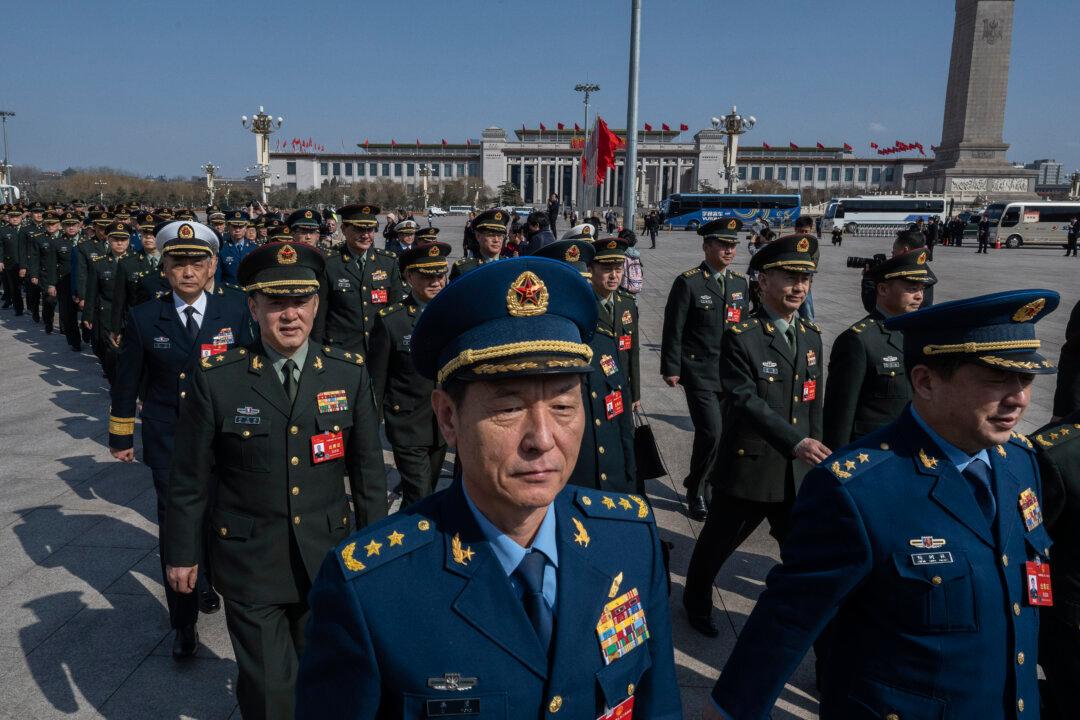The Chinese Communist Party (CCP) authorities have announced the appointment of two new military-industrial corporation executives to replace their predecessors who have been reportedly placed under investigation and “missing“ from the public eye since last year.
According to CCP mouthpiece CCTV, on April 12, China Aerospace Science & Industry Corporation (CASIC) held a staff management meeting, and an officer from the Organization Department of the Central Committee, the Party’s core power body, announced the appointment of Chen Ximing as the new chairman and Party head.





